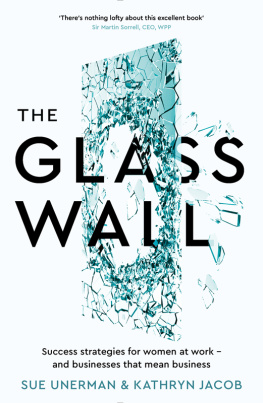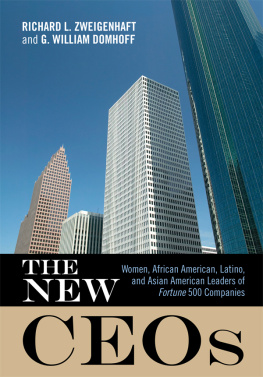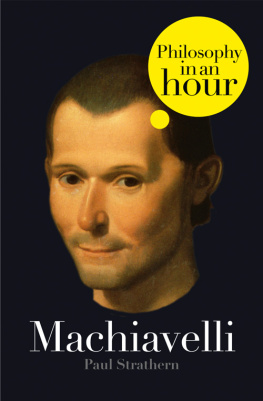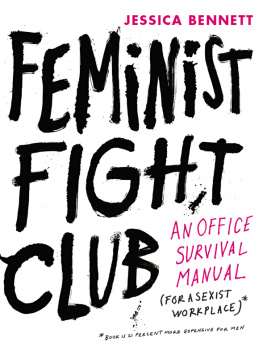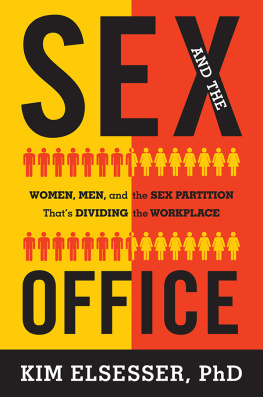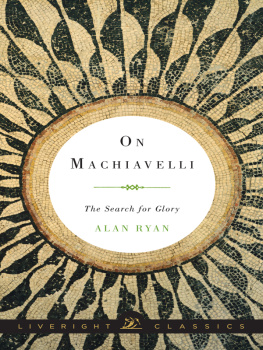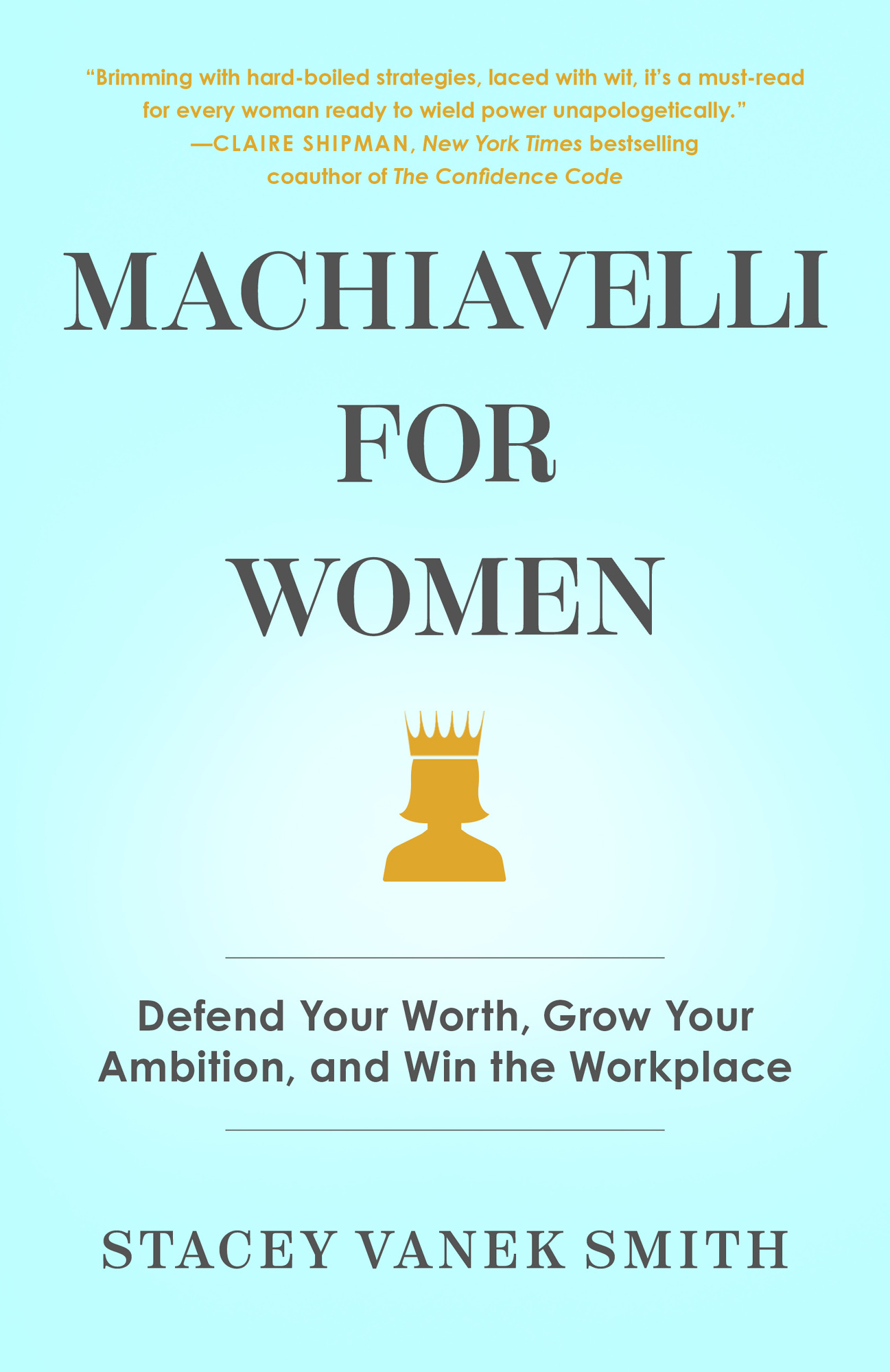Contents
Guide
Brimming with hard-boiled strategies, laced with wit, its a must-read for every woman ready to wield power unapologetically.
CLAIRE SHIPMAN, New York Times bestselling coauthor of The Confidence Code
Machiavelli for Women
Defend Your Worth, Grow Your Ambition, and Win the Workplace
Stacey Vanek Smith

Gallery Books
An Imprint of Simon & Schuster, Inc.
1230 Avenue of the Americas
New York, NY 10020
www.SimonandSchuster.com
Copyright 2021 by Stacey Vanek Smith
All rights reserved, including the right to reproduce this book or portions thereof in any form whatsoever. For information, address Gallery Books Subsidiary Rights Department, 1230 Avenue of the Americas, New York, NY 10020.
First Gallery Books hardcover edition September 2021
GALLERY BOOKS and colophon are registered trademarks of Simon & Schuster, Inc.
For information about special discounts for bulk purchases, please contact Simon & Schuster Special Sales at 1-866-506-1949 or .
The Simon & Schuster Speakers Bureau can bring authors to your live event. For more information or to book an event, contact the Simon & Schuster Speakers Bureau at 1-866-248-3049 or visit our website at www.simonspeakers.com.
Library of Congress Cataloging-in-Publication Data
Jacket design by Faceout Studio
Jacket art by Adobe Stock
Names: Vanek Smith, Stacey, author.
Title: Machiavelli for women : defend your worth, grow your ambition, and win the workplace / Stacey Vanek Smith.
Description: New York : Gallery Books, 2021.
Identifiers: LCCN 2020049503 (print) | LCCN 2020049504 (ebook) | ISBN 9781982121754 (hardcover) | ISBN 9781982121778 (ebook)
Subjects: LCSH: WomenLife skills guides. | Womens rights. | WomenEmployment. | Machiavelli, Niccol, 14691527.
Classification: LCC HQ1155 .V364 2021 (print) | LCC HQ1155 (ebook) | DDC331.4dc23
LC record available at https://lccn.loc.gov/2020049503
LC ebook record available at https://lccn.loc.gov/2020049504
ISBN 978-1-9821-2175-4
ISBN 978-1-9821-2177-8 (ebook)
For my beautiful mother, my grandmothers, and all the women who came before
Note on Translations
I n studying The Prince, I mainly used two translations. The first was the Dover Thrift Editions version, translated by N. H. Thomson. I loved this translation for the beauty of its language. I also relied heavily on the Millennium Publications edition, translated by W. K. Marriott. I valued the clarity of this translation. I have used quotes from these two editions interchangeably throughout the book. When a quote is from the Dover Thrift Editions translation, I include DTE after the quote. When it is from the Millennium Publications edition, I indicate that with MPE. In a couple of cases, Ive used alternate translations and I have cited these in the endnotes.
Introduction
I first read The Prince in college. I was taking a political philosophy class and we were reading all the greatest hits: Plato, Hobbes, Marx, Machiavelli.
I hated The Prince.
How to seize power. How to hold on to power. Should you build a fortress? Should you slaughter the locals when you conquer a new territory? (Apparently, it largely depends on whether you enjoy the same foods.) It was all so brutish and bloody and cynical and depressing. I preferred Cicero and Rousseau. They wrote such beautiful, soaring treatises on society and mans place in it. Manit was always manwas noble, godlike, and so full of beauty, grace, and goodness that if you just set him free to explore his own naturelet him do himthe world would blossom into a glittering, shining place of learning, leisure, art, and brotherhood.
Machiavelli, on the other hand, describes humans as thankless, fickle, false [and] greedy a sorry breed (Chapter XVII, DTE). He condones, at different moments in The Prince, lying, bragging, the killing of children, and pretending to be friends with someone and then stabbing them in the back. At one point in the book he does a truly chilling cost-benefit analysis of whether to exterminate the local population once youve taken control of a new land. To his credit, he comes out against it but just barely. The Prince was the opposite of inspiring or uplifting. It was cynical, depressing, and did absolutely nothing for my eighteen-year-old soul.
Fast-forward twenty-five years: Ive worked in journalism organizations all over the countrystarting at the Idaho Statesman as a copy editor, moving on to Idaho Weddings and Boise magazine, then to journalism school in New York. From there I went to the public radio show Marketplace, then (a decade later) to NPRs Planet Money podcast. A few years ago, I helped NPR launch Planet Moneys daily The Indicator podcast, and serve as the host of the show. Ive worked through the housing crisis, the Great Recession and recovery, the podcast bubble, and the coronavirus pandemic and recession. Ive seen countless reshufflings, promotions, layoffs, demotions, firings, furloughs, Me Too scandals, backstabbings, and politicking. Watching it all play out, I have never once found myself thinking about Cicero or Rousseau, but I have found myself thinking about Machiavelli. A lot. I think that cynical, brutish Italian was onto something.
Granted, women taking advice from Machiavelli might seem strange. Like, do we really need another old white guy mansplaining power to us? Hey, ladies, here is how you can finally be the coldhearted, murderous tyrant you always dreamed you could be! I mean no. But I would argue murderous tyranny is not what Machiavelli is about at all. Machiavelli was an incredibly clear-eyed, original thinker who might just be historys first true champion of real talk. For that reason, there could be no better guide for women in the workplace. If theres something that is in short supply amid all the outrage and girl power rhetoric, it is data, research, and real solutions. Machiavelli was a big believer in those things, and he might have been the greatest of all time at figuring out what obstacles stood in the way of people getting into leadership positions and how they could overcome those obstacles.
In the five hundred years since Machiavelli wrote The Prince, a lot of things have changed: We have electricity, the combustion engine, airplanes, computers, and antibiotics. Weve explored the outer reaches of our solar system, the surface of Mars, the ocean floor, and weve even split the atom. People, though, havent changed one bit. All the petty jealousies, treachery, power-mongering, and aggression people practiced in the 1500s are alive and well in the modern workplace.
In fact, more than anyone else, Machiavelli has helped explain some of the contradictions around women in the workplace that have always bothered me: namely, that some of the progress is so exciting, inspiring, and undeniably amazing, but in other areas women seem stuck.
Consider this: In school, women get better grades than men in all subjects, including math and science; women graduate from high school and attend college in higher numbers than men; there are more women than men in medical school and law school; women are running for office and getting elected in unprecedented numbers. Nearly 40 percent of businesses in the United States are now started by women, and also, women are having a moment. The cultural shift brought about by the Me Too, Times Up, Black Lives Matter, and other social and political movements are changing workplace cultures everywhere (including at NPR, where the head of the newsroom left his job in 2017 following allegations of sexual harassment).


